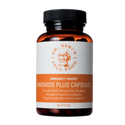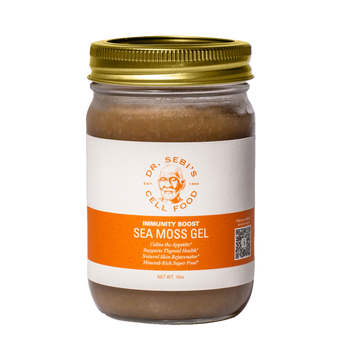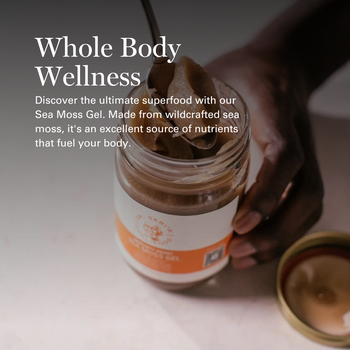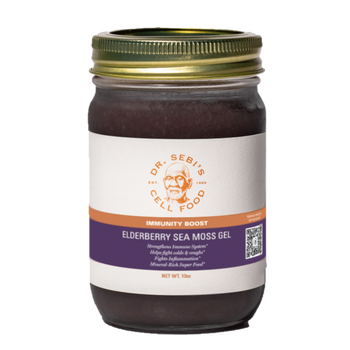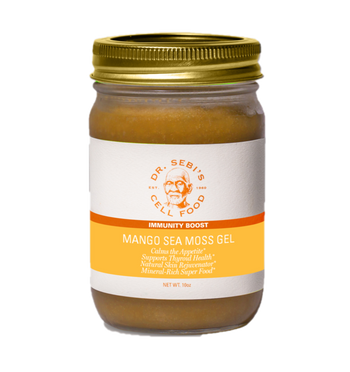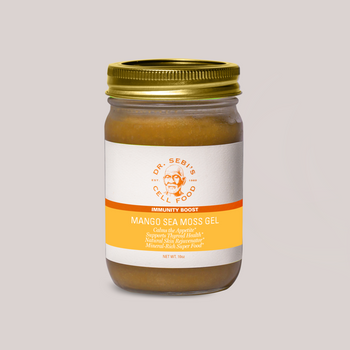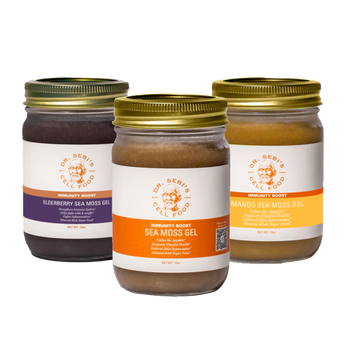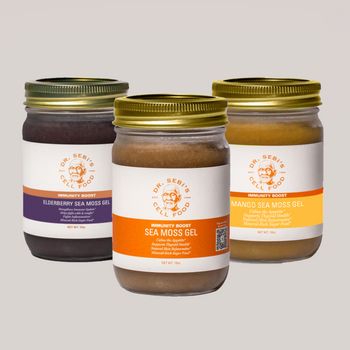This guide goes deep into the “why” and “how” of alkaline nutrition for athletes. We’ll cover the science behind pH balance, the foods that fuel you best, practical ways to integrate alkaline eating into your lifestyle, and how these choices translate into stronger performances, faster recoveries, and more resilience.
Understanding Alkaline Nutrition
At its core, alkaline nutrition is about supporting the body’s natural balance. Our blood functions best when its pH sits in a slightly alkaline range—between 7.35 and 7.45. When the body veers too acidic due to stress, environmental toxins, or diets high in processed and animal-based foods, it can lead to inflammation, sluggishness, and compromised performance.
Alkaline foods, mostly plant-based, help neutralize excess acidity. By choosing foods that stabilize pH, athletes reduce internal stress, improve oxygen delivery, and create an internal environment where endurance and recovery can thrive.
Why Athletes Benefit from Alkaline Nutrition
1. Improved Performance
Athletes push their bodies to the limit, and efficiency matters. Alkaline foods boost oxygen levels in the bloodstream, enhancing muscle endurance and delaying fatigue. Better oxygen flow means muscles can contract and recover efficiently during workouts, whether you’re sprinting, lifting, or going the distance.
2. Faster Recovery
High-intensity exercise produces lactic acid and oxidative stress, both of which can cause soreness. Alkaline diets counter this by reducing overall acidity and inflammation, helping athletes bounce back quickly after training or competition.
3. Sustained Energy Levels
Unlike processed, acidic foods that trigger energy spikes and crashes, alkaline foods provide a steady stream of nutrients and flush out toxins. The result: clean, lasting energy that fuels long training sessions and competitions.
4. Reduced Risk of Injury and Chronic Issues
Acidic environments are linked to joint pain, inflammation, and even stress fractures. By eating more alkaline foods, athletes create conditions that protect bones, joints, and connective tissues, extending both performance and career longevity.
The Science Behind Alkaline Nutrition
The connection between diet and pH balance has been documented across numerous studies. Research published in the Journal of Nutrition & Metabolism suggests that alkaline diets may:
-
Reduce chronic pain and inflammation.
-
Improve cardiovascular health by lowering blood pressure.
-
Balance hormone levels, supporting muscle growth and repair.
-
Improve bone density by reducing calcium loss.
For athletes, these benefits are directly tied to measurable improvements—greater endurance, fewer injuries, and faster recovery windows.
Nutrient-Dense Alkaline Foods for Athletes
If you’re wondering what an alkaline plate looks like, here are some powerful, athlete-friendly staples:
-
Leafy Greens: Arugula, kale, and dandelion greens supply iron, magnesium, and chlorophyll for oxygenation and recovery.
-
Fruits: Apples, bananas, berries, and melons provide quick energy, antioxidants, and hydration.
-
Nuts & Seeds: Walnuts, Brazil nuts, and hemp seeds deliver healthy fats and proteins for muscle repair.
-
Grains: Quinoa, amaranth, and spelt fuel endurance without spiking acidity.
-
Herbs & Spices: Ginger, basil, and cayenne not only alkalize but also reduce inflammation.
-
Spring Water & Infusions: Key lime, cucumber, and fruit-infused water boost hydration and balance.

Crafting an Alkaline Diet Plan for Athletes
Transitioning into an alkaline diet doesn’t mean abandoning all your favorite meals—it’s about reshaping them.
Daily Meal Ideas
-
Breakfast: A smoothie with kale, banana, blueberries, walnuts, and hemp milk.
-
Snack: Apple slices with tahini butter.
-
Lunch: Quinoa salad with kale, avocado, cherry tomatoes, and a dash of olive oil or tahini dressing.
-
Dinner: Grilled zucchini, onions, and mushrooms with herbs, served alongside quinoa or amaranth.
-
Post-Workout: Coconut water blended with berries and hemp seeds for electrolytes and protein.
Hydration Strategy
Hydration goes beyond just drinking water. Athletes should consider adding mineral-rich supplements or natural infusions to reduce acidity and improve electrolyte balance. This is particularly important after sweating heavily in training or competition. Sea moss carries vital electrolytes such as potassium, calcium, magnesium, and sodium, which help regulate fluid balance, support muscle contraction, and prevent cramping. Combined, these minerals ensure that hydration is not only about replenishing water but also about restoring the body’s natural mineral equilibrium for sustained performance and faster recovery.
Practical Tips for Athletes Transitioning to Alkaline Nutrition
-
Start Gradually: Replace one acidic food at a time. Swap out white rice for quinoa, or soda for cucumber-infused water.
-
Balance, Don’t Obsess: The goal isn’t to eliminate every acidic food, but to prioritize alkaline choices so that your overall intake supports balance.
-
Prep Ahead: Have alkaline snacks—like nuts, fruit, or veggie sticks—ready for long training days.
-
Listen to Your Body: Notice energy shifts, digestion improvements, and recovery times as you adjust.
What Dr. Sebi Taught About Alkaline Nutrition
Dr. Sebi emphasized the importance of plant-based, mucus-reducing foods that harmonize with the body’s natural rhythm. His philosophy is particularly relevant for athletes:
-
Electric Foods: Natural, unprocessed foods rich in minerals create “electric energy” in the body, which translates into stamina and vitality.
-
No Mucus Principle: Reducing mucus-forming foods improves oxygen uptake and circulation, essential for endurance.
-
Natural Healing: By aligning with nature, athletes reduce reliance on supplements and artificial enhancers, achieving sustainable results.
Athletes adopting Dr. Sebi’s approach often report feeling lighter, faster, and clearer both mentally and physically.
Addressing Common Questions
1. Is an alkaline diet appropriate for all athletes?
Yes. Whether you’re a sprinter, a yogi, or a powerlifter, alkaline foods support energy, focus, and recovery.
2. Can alkaline eating replace supplements?
In many cases, yes. Whole, alkaline foods supply essential nutrients, minerals, and amino acids. However, specific sports may still require targeted supplementation.
3. What challenges should I expect?
The biggest challenge is breaking habits tied to acidic foods—like coffee, sugar, and processed snacks. Start slow, and you’ll find replacements that satisfy.
4. How soon will I see results?
Most athletes notice changes within a few weeks—better digestion, more consistent energy, and reduced soreness.
5. Is hydration really part of alkaline nutrition?
Absolutely. Proper hydration is fundamental to maintaining an alkaline balance and ensuring efficient muscle function.
Going Beyond Nutrition: Lifestyle Matters
Alkaline living isn’t just about food—it’s holistic. Athletes should also consider:
-
Rest & Recovery: Sleep is when the body repairs and rebalances. Pair alkaline eating with quality rest for maximum results.
-
Mindset & Stress Management: Stress is acidic. Practices like meditation, breathwork, and yoga complement an alkaline diet.
-
Environment: Limit exposure to toxins (cleaning products, smoke, pollution) that add to the body’s acidic load.
Conclusion: Embrace Your Alkaline Journey
Alkaline nutrition isn’t a fad—it’s a natural alignment with how the body is designed to thrive. For athletes, this means stronger performances, fewer injuries, and faster recoveries. Inspired by the philosophy of Dr. Sebi, the path forward is clear: eat whole, plant-based, electric foods; hydrate deeply; and let your body return to balance.
As you embrace alkaline nutrition, you’ll discover that performance and recovery aren’t about pushing harder but about working smarter with your body’s natural systems. Your journey as an athlete is not just about winning—it’s about longevity, vitality, and becoming the best version of yourself, naturally.

